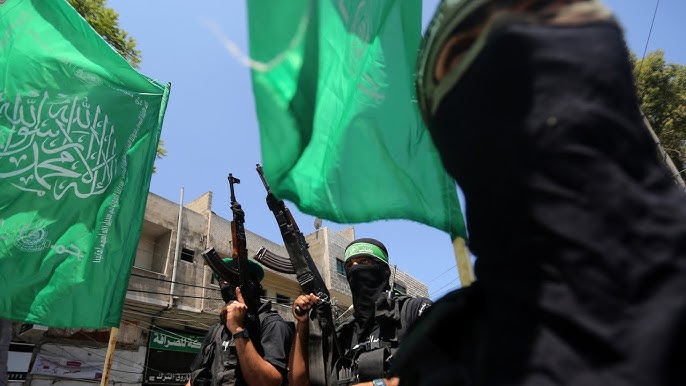In a significant development in the ongoing Israeli-Palestinian conflict, reports indicate that Israel and Hamas may have reached a ceasefire agreement that includes the release of hostages. While details remain fluid, this potential deal has sparked widespread debate among policymakers, analysts, and the international community. Here, we examine the implications of this agreement, exploring its benefits, drawbacks, and the controversies surrounding it.
The deal, if it takes place, would be the culmination of 15 months of fighting since the October 7, 2023 terror attack Hamas carried out against Israel. The terrorists murdered 1,200 Israeli civilians and kidnapped 250 back to Gaza.
The Key Details of the Deal
The proposed agreement reportedly includes a temporary ceasefire, during which Hamas would release a number of Israeli and foreign hostages held in Gaza. In exchange, Israel may agree to pause military operations in Gaza for several days, facilitate the delivery of humanitarian aid to the territory, and release approximately 1,000 Palestinian terrorists with blood on their hands from prison. Both sides would likely consider the terms provisional, with the ceasefire serving as a trial period for further negotiations.
Pros of the Deal
1. Humanitarian Relief: The agreement would bring immediate respite to civilians in Gaza by allowing humanitarian aid, including food, water, and medical supplies, to reach those in desperate need.
2. Hostage Release: Families of the hostages would welcome the opportunity to reunite with their loved ones, alleviating personal and national trauma.
3. De-escalation: A pause in hostilities could prevent further loss of life and create a window for broader peace negotiations.
4. International Approval: The deal is likely to garner support from international actors, who have repeatedly called for measures to ease the humanitarian crisis in Gaza and de-escalate the violence.
Cons of the Deal
1. Temporary Nature: Critics argue that the ceasefire is unlikely to lead to a lasting resolution, with both sides likely to resume hostilities once the terms expire.
2. Empowerment of Hamas: Some in Israel express concern that the agreement could strengthen Hamas’s position by portraying it as a capable negotiator and defender of Palestinian interests.
3. Strategic Setbacks: A pause in military operations might give Hamas time to regroup and rearm, posing future security risks for Israel.
4. Limited Scope: The deal does not address the broader underlying issues of the Israeli-Palestinian conflict, such as territorial disputes, security concerns, or political rights.
Supporters and Opponents
Supporters:
- Families of Hostages: Desperate to see their loved ones returned, they have been among the most vocal advocates for such an agreement.
- International Community: Countries and organizations like the United Nations, the United States, and the European Union have welcomed the potential for humanitarian relief and de-escalation.
- Moderate Israeli and Palestinian Voices: Those who seek a peaceful resolution to the conflict view the deal as a small but meaningful step toward dialogue.
Opponents:
- Israeli Hardliners: They argue that negotiating with Hamas sets a dangerous precedent and undermines Israel’s security posture.
- Hamas Critics: Some Palestinians believe the group’s actions exacerbate the suffering in Gaza and view the deal as insufficient in addressing broader grievances.
- Regional Actors: Countries like Iran, which support Hamas, may see the deal as a compromise that weakens their strategic aims in the region.
Controversies and Challenges
The deal has sparked fierce debate over its ethical and strategic implications. Critics accuse both sides of using the agreement as a political tool rather than a genuine step toward peace. In Israel, some argue that the government’s willingness to negotiate with Hamas reflects poorly on its ability to protect its citizens. Meanwhile, Hamas faces scrutiny over its decision to leverage hostages for political and military gains, raising questions about the group’s commitment to the well-being of Palestinians.
Another contentious issue is the role of international mediators. Egypt and Qatar have reportedly played key roles in brokering the deal, leading to questions about their motives and the extent of their influence. Some analysts warn that the involvement of external actors could complicate future negotiations by introducing competing interests.
What it all means
The potential ceasefire and hostage release deal between Israel and Hamas is a critical moment in a deeply entrenched conflict. While it offers immediate humanitarian and emotional benefits, its long-term effectiveness remains uncertain. The deal highlights the complexity of negotiating peace in a region marked by decades of mistrust and violence, underscoring the need for sustained international engagement and a comprehensive approach to resolving the Israeli-Palestinian conflict.
